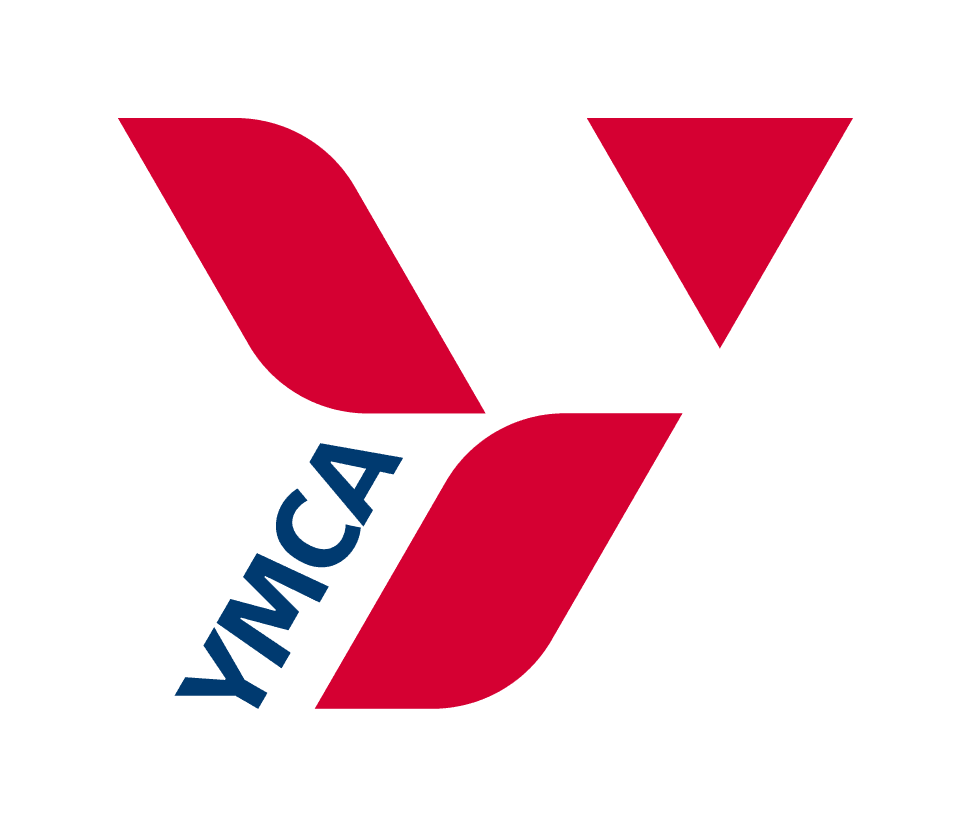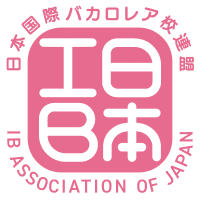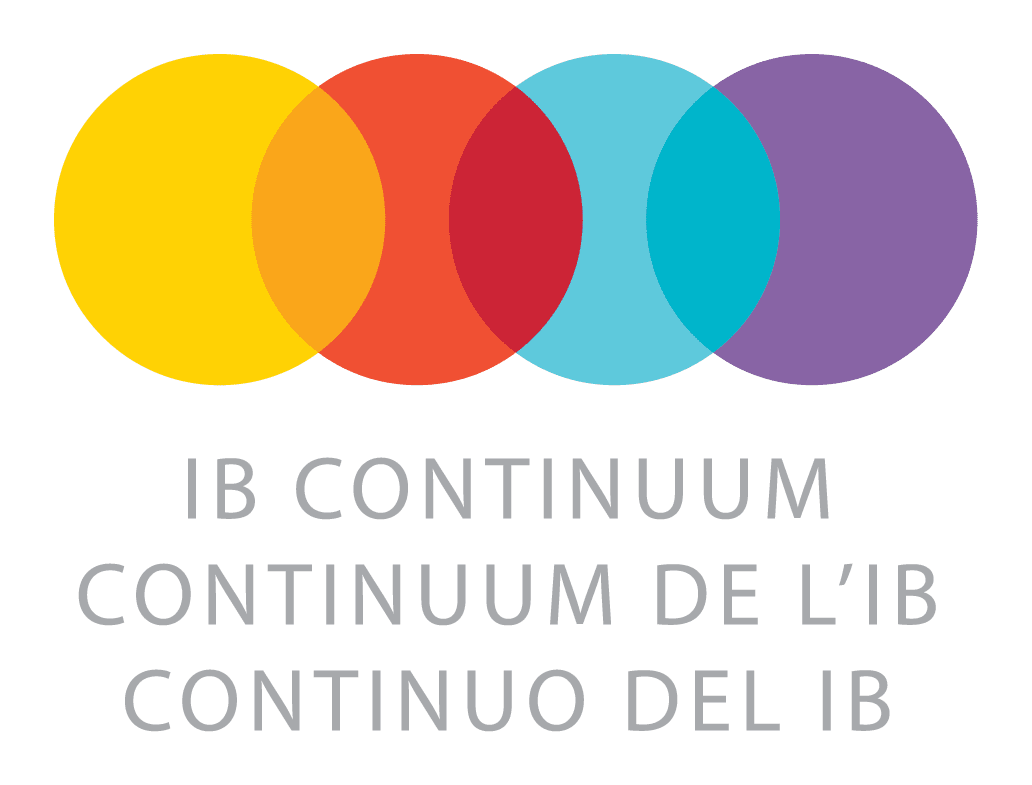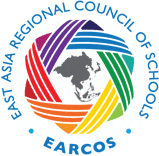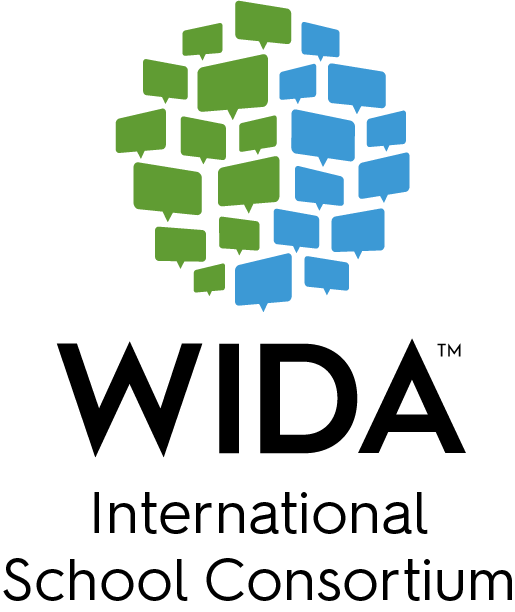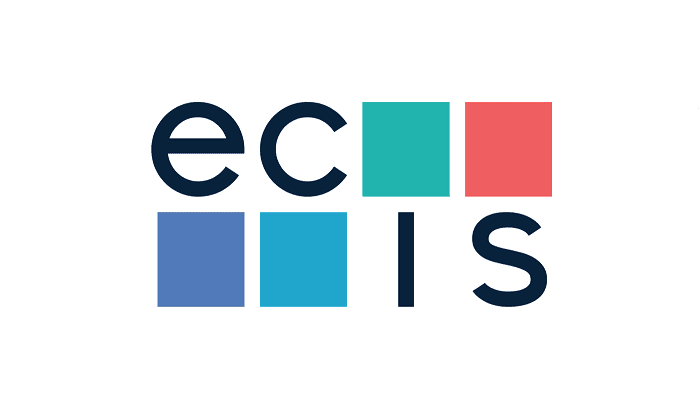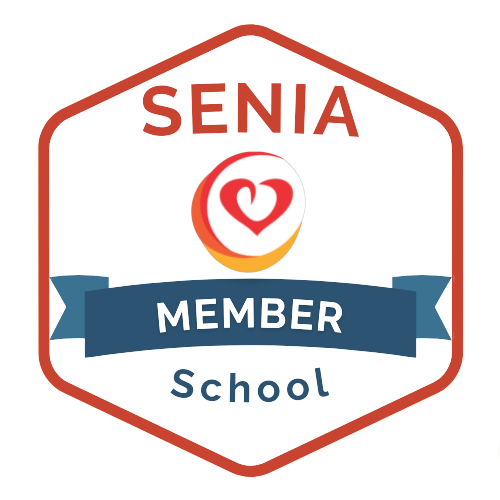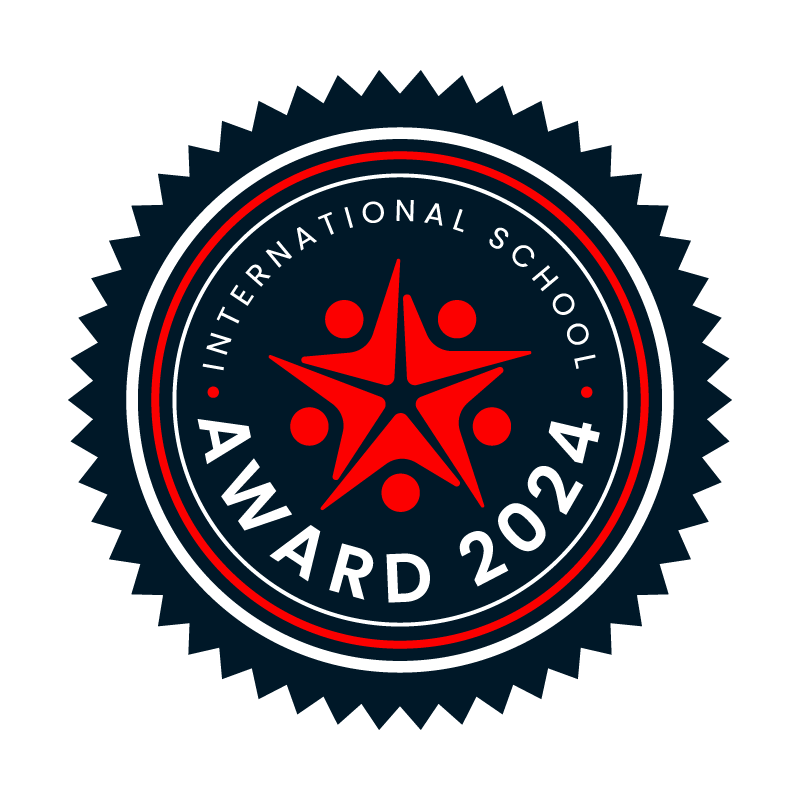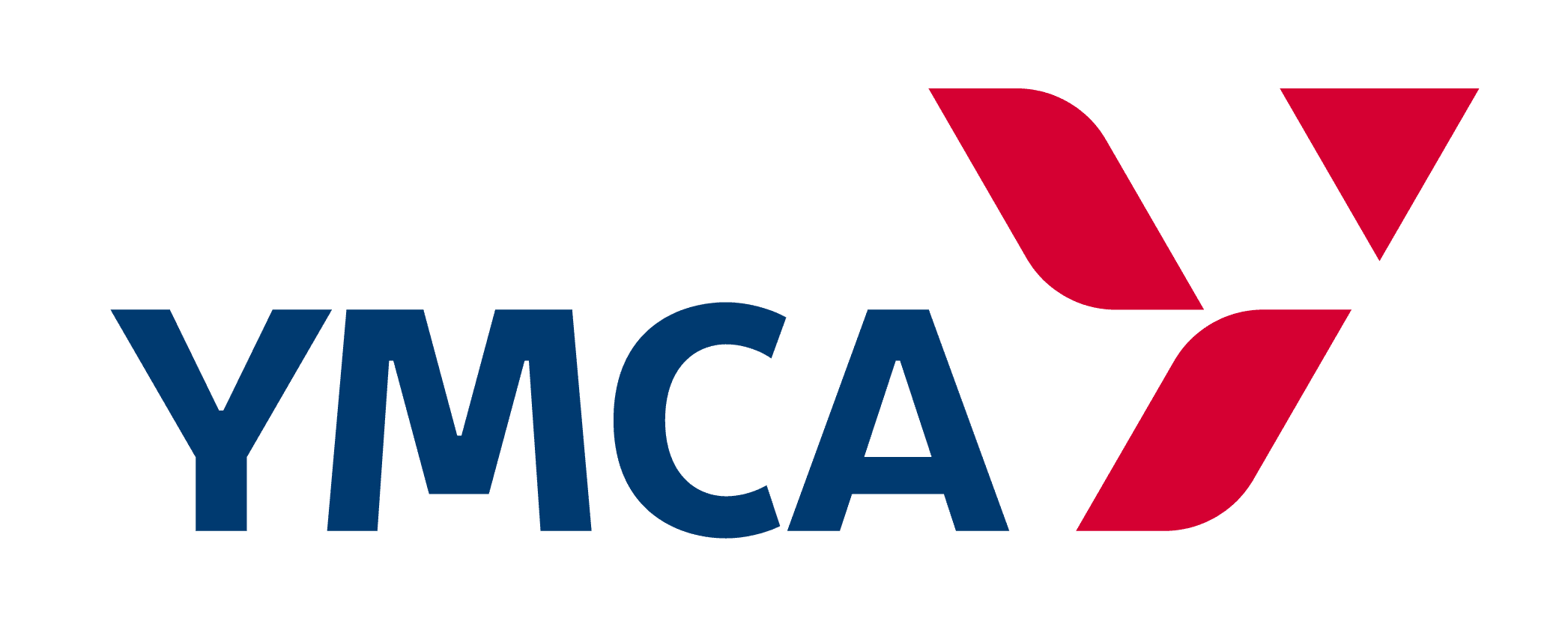
Mark Beales
One of the most popular questions I am asked by parents is ‘what makes an IB school different from other schools?’
And it’s a great question. There are actually several differences between schools that offer the International Baccalaureate (IB) and more traditional types of education.
Firstly, IB schools specifically aim to make students more internationally-minded. That may sound like a cliche, so let’s explore what it really means.
At OYIS, we promote international-mindedness in several ways. Following IB’s frameworks, we use thematic units of inquiry in the Primary Years Programme (PYP) and the Middle Years Programme (MYP) to get students to think about a range of global issues. For example, these could be about the environment, relationships or how we can help in our community. Within these, teachers introduce key skills (including literacy and numeracy) and content. In general, this is not a curriculum based purely on academic tests and grades. It is far more about discovering and discussing real-world issues and then showing students how they can then connect to these important topics.
At Osaka YMCA International School (OYIS), we help students make these genuine differences in their communities, which aligns with the YMCA’s core values of ‘Connect. Encounter. Transform.’ We encourage students, especially in the Diploma Programme, to get out of the classrooms and into their neighborhoods in order to bring about meaningful change.
In addition, the IB approach to teaching and learning differs from the traditional ‘chalk and talk’ approach. Our teachers use inquiry-based learning – and often assessment – to get students to actively take part in their learning. Students become researchers, inquirers and thinkers. By doing this, they are more engaged and tend to learn more deeply about a particular topic.
Another advantage of IB schools is that they offer a complete pathway from preschool to Grade 12. At OYIS we start with the Primary Years Programme (PYP), where our students are introduced to real-life situations and encouraged to learn in a transdisciplinary way – moving across, between and beyond various disciplines. At the very start of their education, PYP students are placed at the centre of their learning and are encouraged to develop their own voice and thoughts.
Students then move to the Middle Years Programme (MYP). This builds on the inquiry and concept-based learning that started in PYP and adds in extra subject-specific knowledge and skills. MYP students study across eight subject groups, developing a range of additional skills while continuing to focus on service learning. Students complete MYP by creating a Personal Project, a creative and individual piece of work that helps them learn valuable research and analytical skills.
The MYP is the perfect pathway towards the IB Diploma, which OYIS students study in Grades 11 and 12. The strength of the IB Diploma is its depth and breadth. It requires students to have a deep understanding of their subjects; at the same time students need to study a broad range of subjects across six different groups. In addition, students undertake research to complete an Extended Essay, study Theory of Knowledge and complete Creativity, Activity, Service (CAS). CAS is something I am particularly passionate about as it encourages students to take on new challenges and develop leadership skills – something universities and future employers also value highly.
In turn, the IB Diploma is the perfect pathway to college and university. Research shows that universities tend to prefer IB Diploma graduates as they are well-equipped to cope with the demands of further education.
It is for these reasons that OYIS decided to become an IB continuum school – the only one in Osaka City – as we wanted to offer a smooth, logical path to students from preschool all the way through to Grade 12.
It is not an easy pathway, and there may well be some bumps and twists along the way, but by the end of it students will have finished an enriching journey that prepares them both on an academic and personal level. And that’s what makes the difference.
Written by Mark Beales, Principal, MYP/DP
保護者の方からよく聞かれる質問のひとつに、『IBスクールは他の学校と何が違うのですか』というものがあります。それは素晴らしい質問です。国際バカロレア(IB)を提供する学校と、より伝統的な教育との間には、実はいくつかの違いがあるのです。
まず、国際バカロレアは、国際的な視野を持つ生徒を育成することを目的としています。この言葉は決まり文句のように聞こえるかもしれませんが、その本当の意味を探ってみましょう。
OYISでは、様々な方法で国際感覚を養っています。IBの枠組みに従い、プライマリー・イヤー・プログラム(PYP)とミドル・イヤー・プログラム(MYP)では、テーマ別の探究ユニットを使って、生徒たちにさまざまな地球規模の問題について考えさせます。例えば、環境、人間関係、地域社会での支援方法などです。これらの中で、教師は主要なスキル(読み書きや計算を含む)と内容を紹介します。一般的に、このカリキュラムは単純に学力テストや成績に基づくものではありません。それよりも、現実の問題を発見し、議論し、その重要なトピックと生徒たちがどのように関連づけられるかを示すことに重点を置いています。
大阪YMCAインターナショナルスクール(OYIS)では、”Connect. つながる。 Encounter. みつかる。 Transform. よくなっていく。 “というYMCAのコアバリューに沿って、生徒たちが地域社会で本当の変化を生み出す手助けをしています。特にディプロマ・プログラムの生徒には、有意義な変化をもたらすために、教室を飛び出し、地域社会との積極的な関わりを促進しています。
また、IBの教育や学習に対するアプローチは、従来の「チョーク&トーク」とは異なります。IBの教師は、生徒が積極的に学習に参加できるよう、探究型の学習、そして多くの場合、評価を行っております。生徒たちは研究者、探究者、そして思想家となります。そうすることで、生徒たちはより熱心に、特定のトピックについてより深く学ぶことができるのです。
IB校のもう一つの利点は、プリスクールから12年生までの一貫した教育を提供していることです。OYISでは、プライマリー・イヤーズ・プログラム(PYP)からスタートし、生徒たちは実生活に触れ、様々な分野において多方面から、学際的に学ぶよう促進しています。PYPの生徒は、教育の最初の段階で、自分自身の声や考えを膨らませていくように教えられます。
その後、生徒はミドルイヤープログラム(MYP)に移行します。このプログラムでは、PYPで学んだ探究心や概念に基づいた学習をベースに、さらに科目固有の知識やスキルを身につけます。MYPの生徒は、8つの科目グループにわたって学習し、サービスラーニングにも引き続き焦点を当てながら、付加価値のある追加的スキルを身につけます。最後に、MYPの総括として、創造的な作品となるパーソナルプロジェクトを個人で作成し、価値のあるリサーチスキルや分析力を身につけます。
MYPは、OYISの生徒が11年生と12年生で学ぶIBディプロマへの最も適した進路です。IBディプロマの強みは、その深さと幅広さです。各教科を深く理解することが求められると同時に、6つのグループに分かれて幅広い分野を学ぶ必要があります。さらに、Extended Essayを完成させるための分析、Theory of Knowledgeの学習、Creativity, Activity, Service (CAS)の修了が必要です。CASは、学生たちが新しいことに挑戦し、リーダーシップを身につけることを促すもので、大学や将来の雇用主も高く評価しているため、私が特に力を入れている科目です。
そして、IBディプロマは、大学や専門学校への最も適した進路でもあるのです。調査によると、大学はIBディプロマ取得者を好む傾向にあり、将来の学習に対応するために十分な能力を持っています。
このような理由から、OYISは大阪市内で唯一のIB一貫教育校となり、プリスクールから12年生までの生徒にスムーズで論理的な進路を提供することを決めました
その道は決して平坦ではなく、紆余曲折があるかもしれません。しかし、それが終わるころには、生徒たちは学習者としても一個人としても成長し実りのある旅になっていることでしょう。そして、それこそが、違いを生み出すのです。
Share this post

Measurements of Success in Sports & Studies
You may have seen the new Netflix documentary ‘Beckham’, about one of England’s most well-known footballers. Near the start, Beckham
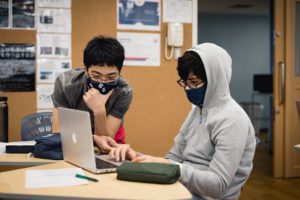
Sign up for the OYIS Scholarship Exam
Students who are eligible for Grades 10 or 11 in August 2023 are invited to take the 2022 Scholarship Exam.
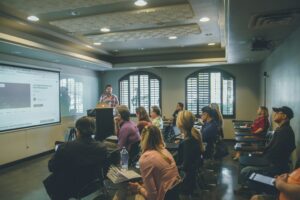
Professional Learning Event: Rethinking Assessment
Osaka YMCA International School is hosting a professional learning event on Saturday, February 8, 2025. The focus of the sessions

Talking to your child about Artificial Intelligence
Since November 2022 when ChatGPT was released to the world, it’s seemed that AI has been everywhere in the news.
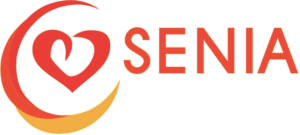
Celebrating Our Teachers: 5 Educators Earn SENIA Level 1 Certification!
Celebrating Our Teachers: 5 Educators Earn SENIA Level 1 Certification! We are excited to announce that five of our dedicated

Being Good Enough vs Being Perfect
Being Good Enough vs Being Perfect The idea of having to achieve the highest level of perfection is something that
